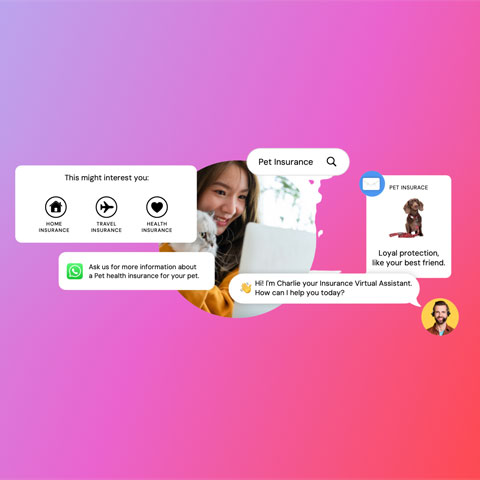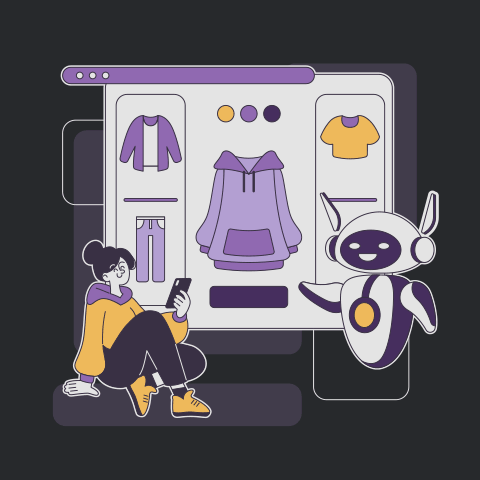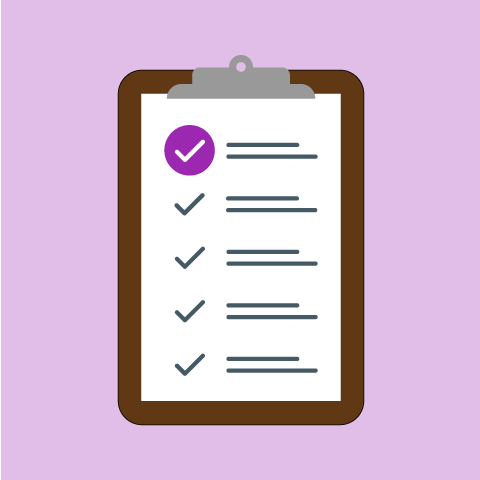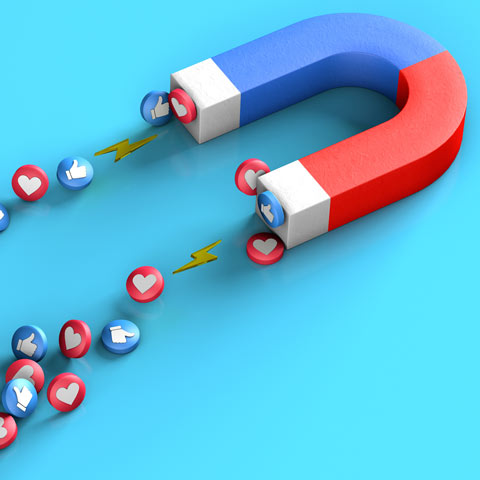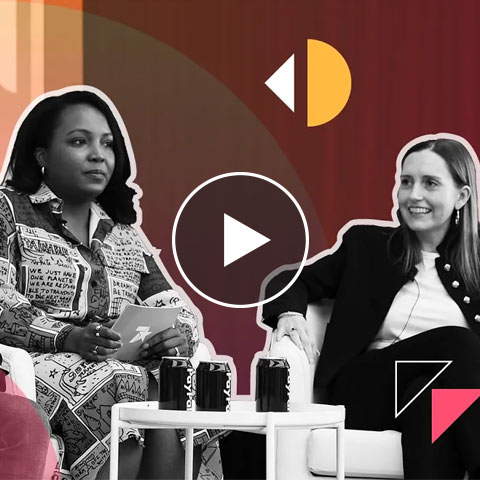As part of this, what I thought I'd do is set the scene as there's lots of different kinds of real-time. So part of this are things that get the high collar mentions, perhaps not the most lucrative long-term, so you've got calendar events. So these are the declared ones like the Olympics, the Superbowl, the Royal marriage - everyone knows they're coming, they're very competitive environments. There's great opportunity, you can set a war room and really get it running, but to be honest it's very hit and miss. You get the success story and then the dismal failures as well, and it's a very high profile failure, so it's high risk, high reward.
You've got the reactive ones, which are there because of a crisis that happens. So, the Eurostar is the most well-known UK example. For international callers, when something goes wrong with the train channel between England and France, it's quite spectacular, it involves hours rather than minutes of delays, so managing situations like that quite important. And then there can be competitor instigated reactive situations, so for instance, a key competitor decides to do an overnight promotion to gazump your promotion, to go over the top of it, and it might actually be antagonistic communication, so for instance the supermarket price war uses a lot of reactive real-time marketing.
The one we're going to focus on the most today, though, because it is the most lucrative one, the quietest one, and it's got the least caller mentions so far is trigger events. Now, some of these will be things you are already doing and are okay with - for instance, basket abandonment is quite commonplace these days.That's an example of a real-time event where someones on a website and they've gone into the ecommerce purchase flow and at the final stage they haven't pressed the purchase button, and there's various ways to deal with that including online pop ups, follow up emails and so on, which we'll go through later. There's many different types of trigger events, so deciding what the appropriate real-time intervention to use is part of it.
So you've got social posting, for instance - people on Twitter are flaming your brand, what do you do about it? You've got geographic related trigger events, when someone walks within proximity of your organisation, and then you've got website trigger events and the interactions that happen with that.



